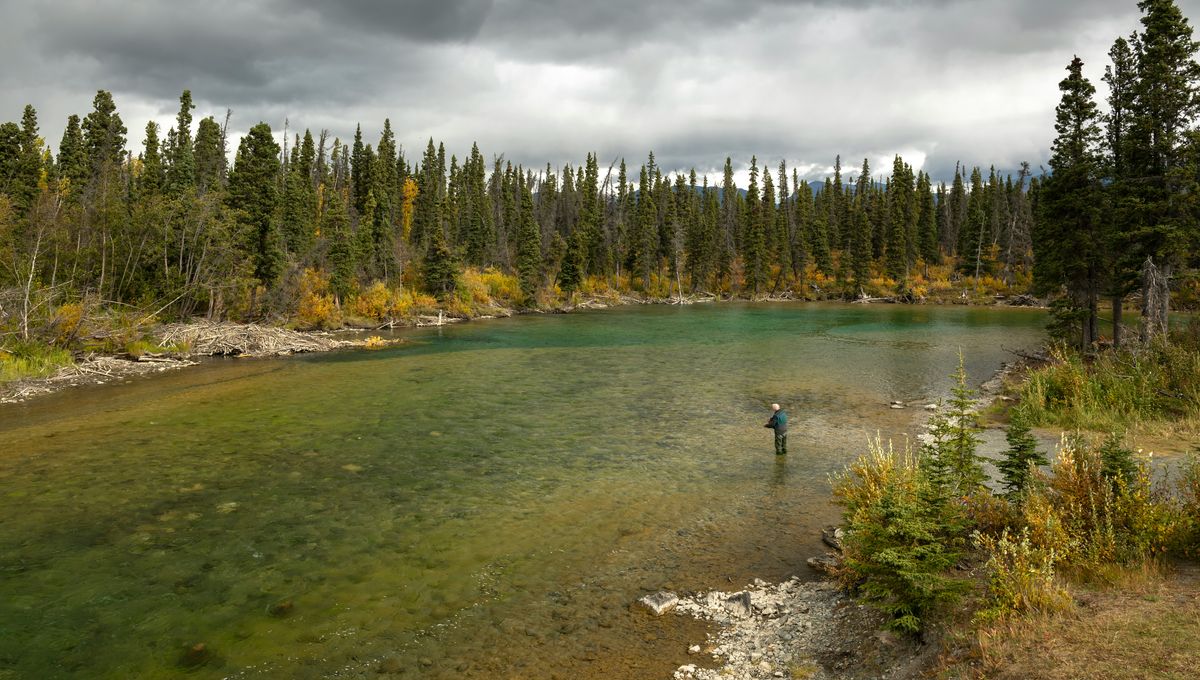
A “giant mercury bomb” is ticking in the Arctic. As the world warms with climate change, mercury that’s been stored in the permafrost for thousands of years threatens to be set free into the environment, potentially wreaking havoc on wildlife and human life.
In a new study, scientists measured how much mercury could potentially seep into the ecosystem from thawed permafrost around the Yukon River.
To find out, they headed to two northern villages in Alaska’s Yukon River Basin – Beaver and Huslia – and took core samples from the top 3 meters (9.8 feet) of permafrost. They paired this with satellite data that shows how the Yukon River is changing course.
They found that significant amounts of mercury are released when riverbanks erode, but a smaller and more variable amount is redeposited as the rivers shift.
In conclusion, they found the mercury from the permafrost could pose an environmental and health threat to the 5 million people living in the Arctic zone.
“There could be this giant mercury bomb in the Arctic waiting to explode,” Josh West, study co-author and professor of Earth sciences and environmental studies at the University of Southern California – Dornsife, said in a statement.
Mercury is a metal that’s a liquid at room temperature, owing to its very low melting point. The element is highly toxic, acting as a neurotoxin by binding to and inhibiting the function of enzymes and proteins critical for nerve cell function.
It isn’t just found in science classrooms and thermometers. The metallic element circulates in small amounts through the natural world because it’s absorbed by plants, which then die and become part of the soil. It’s especially prolific in the Arctic, where the soil becomes frozen into permafrost, locking it away for generations.
“Because of the way it behaves chemically, a lot of mercury pollution ends up in the Arctic. Permafrost has accumulated so much mercury that it could dwarf the amount in the oceans, soils, atmosphere and biosphere combined,” said West.
It’s also a worrying problem for the northernmost parts of our planet because this region is warming up to four times faster than the global average and already feeling the sting of climate change,
The threat of mercury increases as the metal accumulates in the food chain, from plants to small creatures, eventually ending up in the fish and other animals that humans eat.
Since bioaccumulation is the problem, West explains that it’s not a problem similar to the Flint water crisis in Michigan. Nevertheless, the impact of mercury could be profound on communities living along the Yukon River and elsewhere in the Arctic.
“Decades of exposure, especially with increasing levels as more mercury is released, could take a huge toll on the environment and the health of those living in these areas,” Smith said.
The new study is published in the journal Environmental Research Letters.
Source Link: A "Giant Mercury Bomb" Threatens To Go Off In North America's Arctic